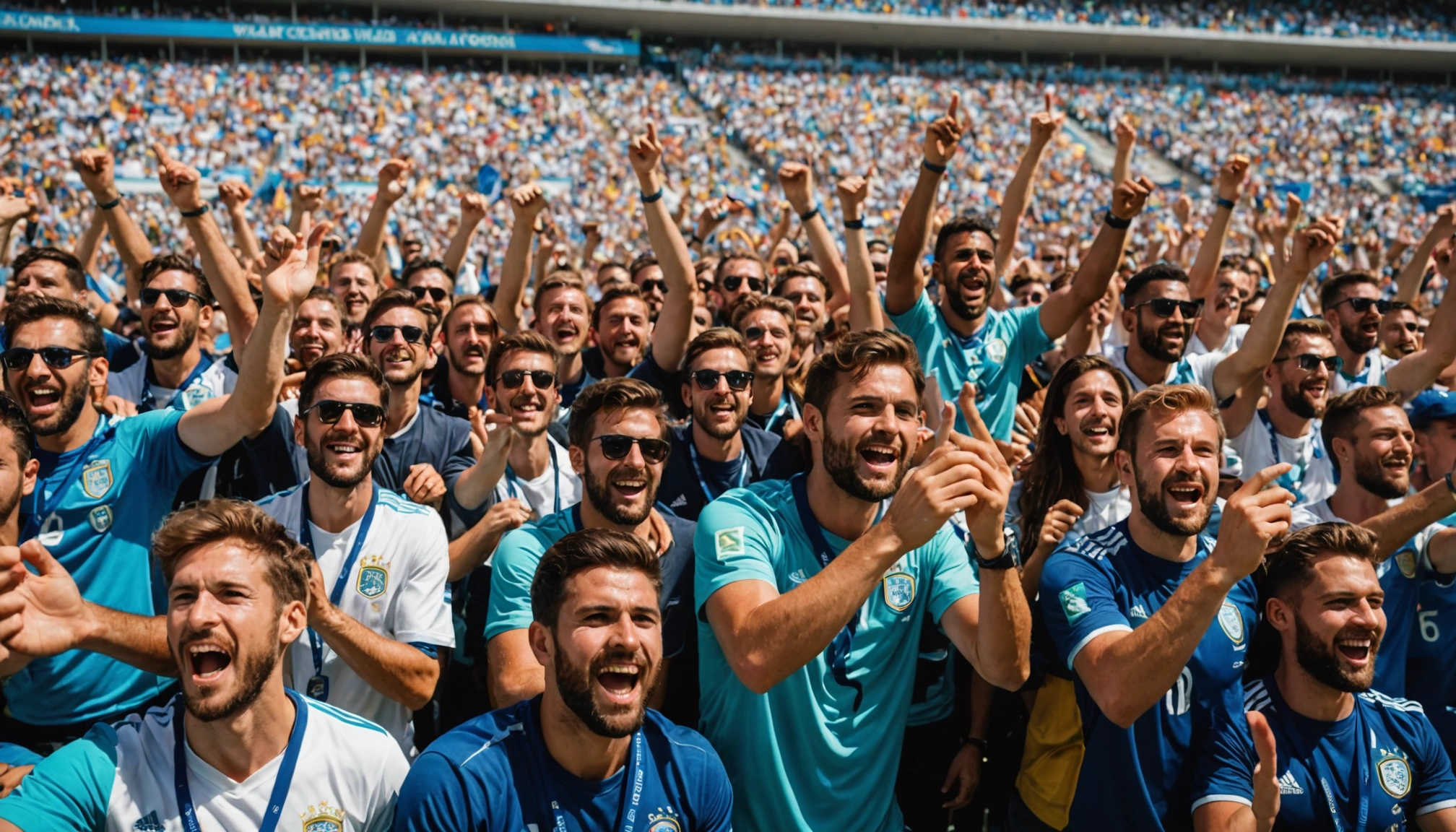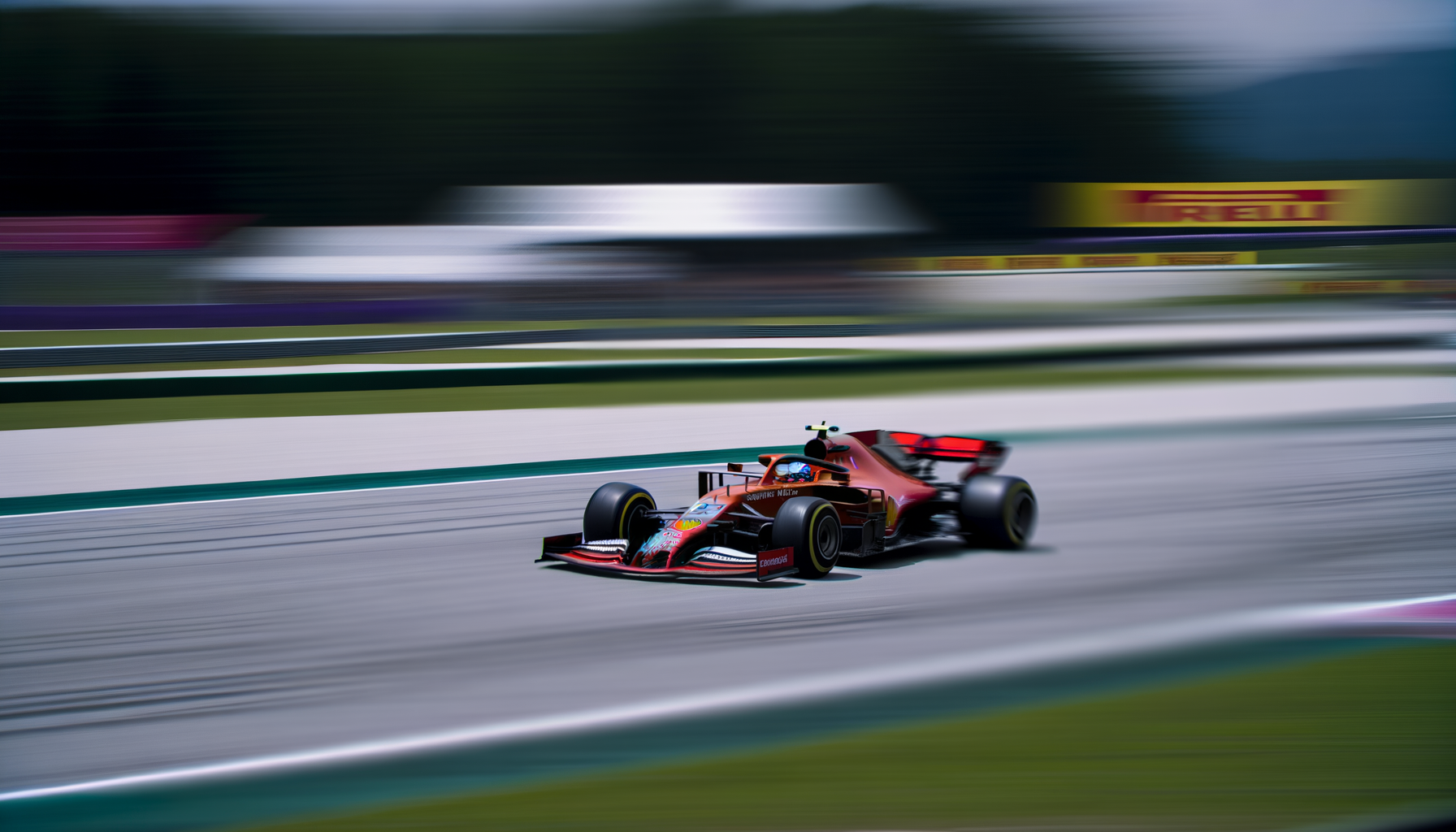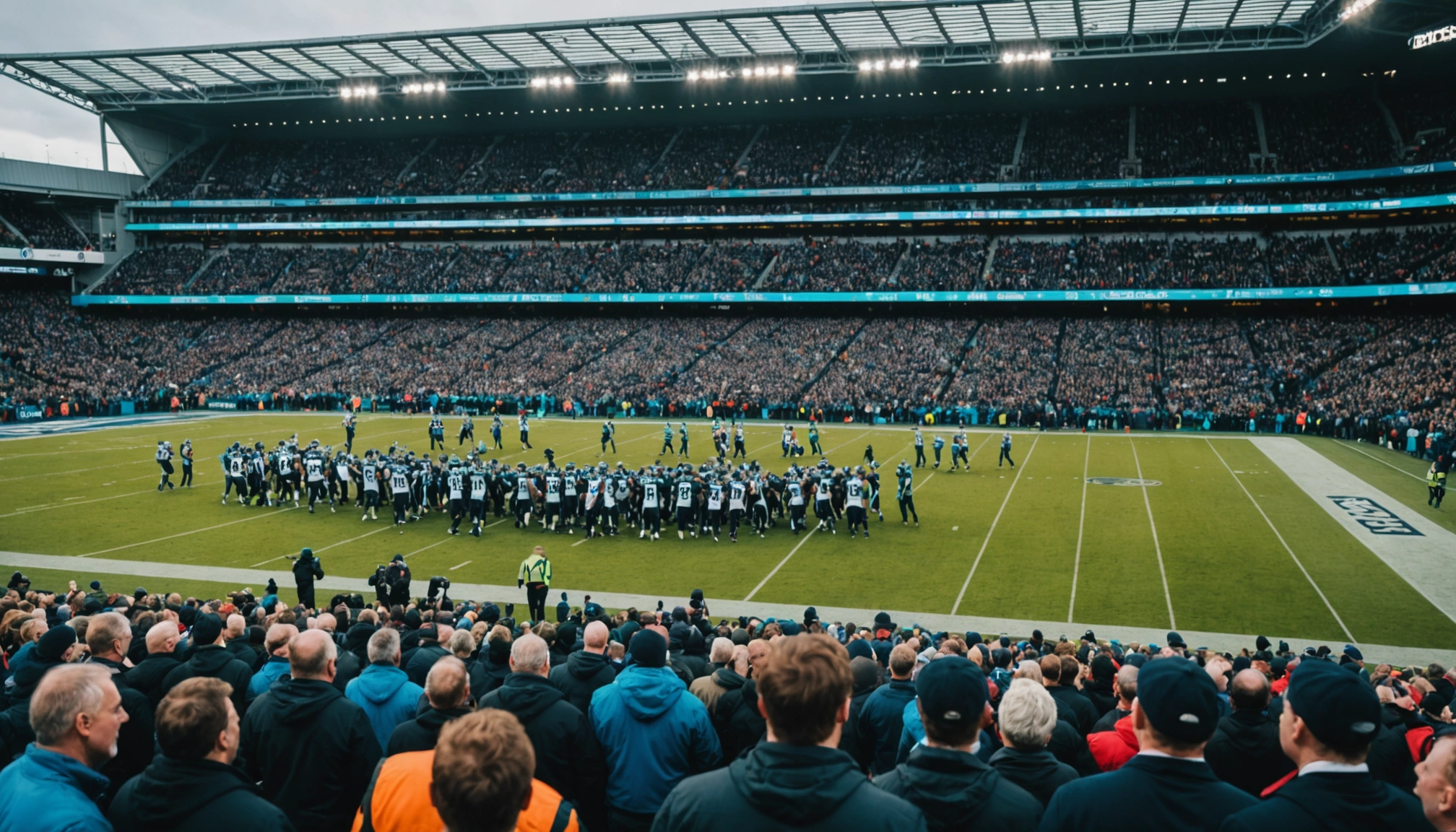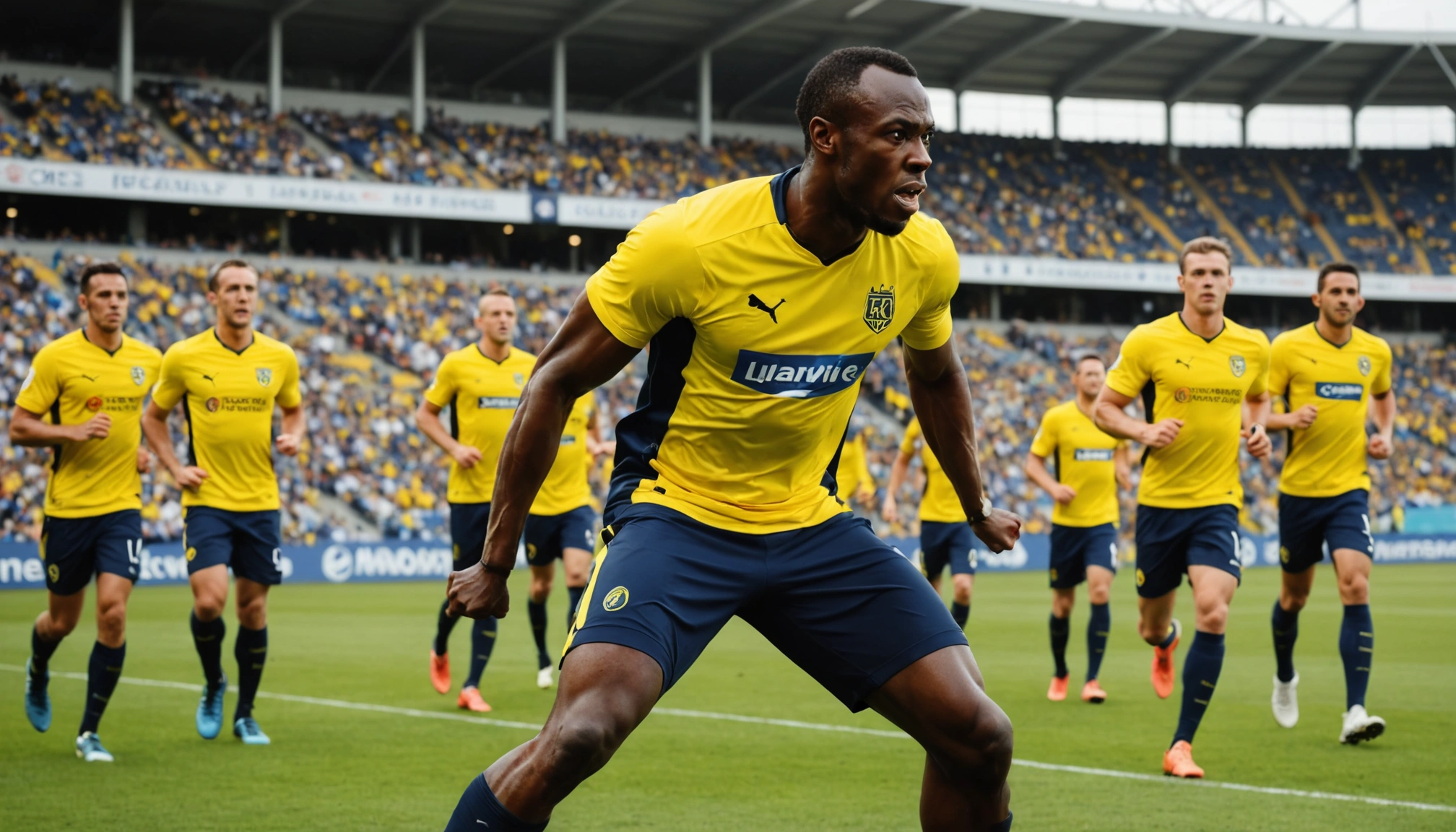Could The World Cup Help End The War In Ukraine?
Explore how the 2026 World Cup might incentivise Russia to end the Ukraine war, with insights from Trump and FIFA, plus implications for football fans.

By Editorial
Introduction To The World Cup And The Ukraine Conflict
The 2026 FIFA World Cup, set to be co-hosted by the US, Canada, and Mexico, has sparked discussions far beyond the football pitch. One of the most compelling debates involves whether the tournament could serve as a diplomatic lever to encourage Russia to end its ongoing war in Ukraine. Since Russia’s invasion in 2022, their national football team has faced bans from international competitions, including FIFA and UEFA tournaments.
Former US President Donald Trump recently suggested that the prospect of Russia participating in the 2026 World Cup could act as a strong incentive for peace. But how realistic is this, and what implications does it hold for global football and international relations? Let’s delve deeper.
Trump’s View On The World Cup As A Peace Incentive
At the inaugural meeting of the US administration’s 2026 World Cup taskforce, President Trump expressed optimism that Russia’s reinstatement in the tournament might motivate an end to the conflict in Ukraine. Sitting beside FIFA President Gianni Infantino, Trump appeared surprised to learn that Russia was currently banned from the event.
"I didn't know that. Is that right?" Trump asked. Infantino confirmed the ban but expressed hope for future peace that would allow Russia’s readmission. Trump remarked, "That could be a good incentive, right? We want them to stop. Five thousand young people a week are being killed - it's not even believable." This statement highlights the human cost of the conflict and frames football as a potential bridge for dialogue.
The Current Status Of Russia’s Participation In International Football
Following the invasion, FIFA and UEFA imposed bans on Russian teams from all international competitions. The 2026 World Cup qualifying rounds began in September 2023, with Russia excluded under current rules. The tournament itself will feature 48 teams, including the three hosts, with 45 additional qualification spots.
While the ban remains, discussions continue around the possibility of Russia’s return, contingent on peace progress. As noted by Infantino, FIFA remains hopeful but cautious. This situation exemplifies how sport and politics intertwine, with the World Cup often reflecting broader geopolitical tensions.
Implications For Fans And The Global Football Community
The 2026 World Cup is anticipated to draw around two million overseas visitors, predominantly to the US, which will host 78 of the 104 matches, including the final. US Vice-President JD Vance emphasised the importance of welcoming international fans while stressing the need for visitors to respect immigration laws and return home after the tournament.
Strict immigration policies and global political tensions could disrupt travel, warns the World Tourism Forum Institute. Yet, preparations are underway to facilitate smooth entry, with the Department of Homeland Security already processing travel documents for the upcoming FIFA Club World Cup hosted across 12 US stadiums. This tournament serves as a test run for the World Cup, helping to streamline logistics for millions of visitors.
The Role Of Football In Diplomacy And Peacebuilding
Football has long been recognised as a tool for diplomacy, fostering dialogue even in tense political climates. Historical examples include the "Football Diplomacy" between North and South Korea and the use of international matches to ease tensions in conflict zones.
Could the 2026 World Cup play a similar role in the Russia-Ukraine conflict? If Russia’s participation hinges on peace progress, it might motivate negotiations. However, the complexity of the conflict means football is unlikely to be the sole factor resolving it. Instead, it could complement diplomatic efforts, providing a symbolic platform for reconciliation.
What This Means For UK Football Fans And The Wider Sports Community
UK fans and football enthusiasts will be watching these developments closely. The idea of sport influencing global peace resonates strongly within football circles. For those interested in following the build-up to the World Cup and England’s preparations, articles such as Elliot Andersons rise a strong case for England’s World Cup squad provide insightful commentary on team prospects.
Meanwhile, for fans keen to stay updated on football fixtures and broadcasting options, guides like Sky Sports for EFL fixtures how to watch your team this season offer valuable information.
Conclusion: A World Cup With Greater Stakes Than Ever
The 2026 World Cup is shaping up to be historic not only for its expanded format and North American hosting but also for the geopolitical questions it raises. Whether football can genuinely incentivise Russia to halt the war in Ukraine remains uncertain, but the conversation highlights sport’s unique position in global affairs.
As fans prepare for a thrilling tournament, the hope remains that football’s unifying power might contribute, even in a small way, to peace and mutual understanding. For continuous updates and expert analysis on football and world events, stay tuned to SportsScoop.
Related topics
Editorial
Sports expert at SportsScoop
Specialist in sports analysis and journalism
Related articles
Want to read more?
Explore our comprehensive collection of sports articles and analysis, or contact us for more information.



